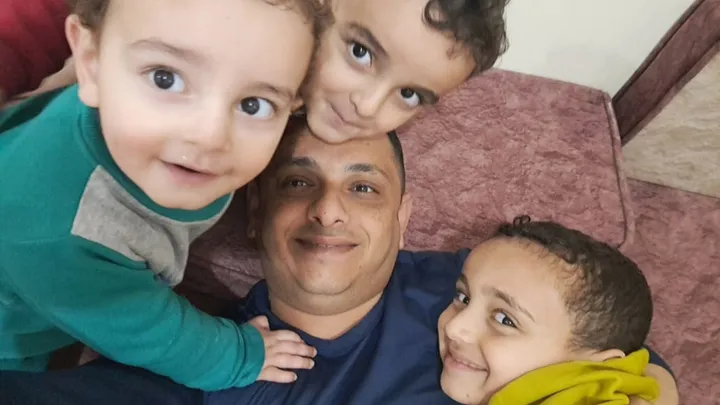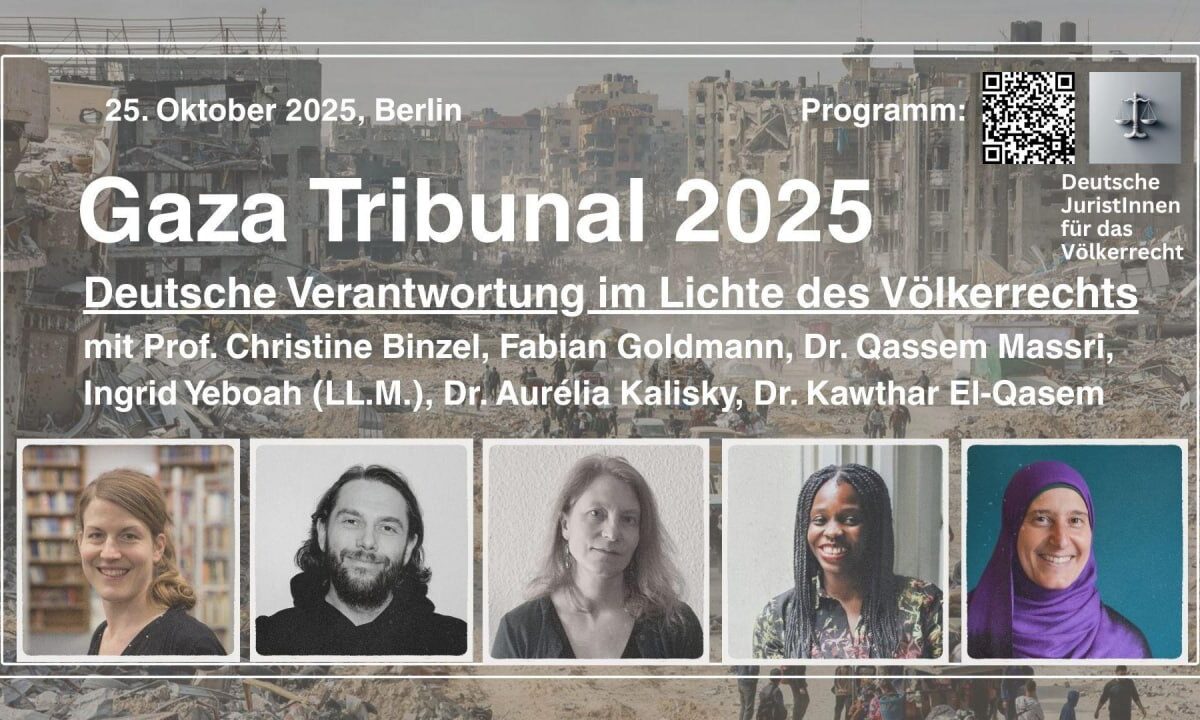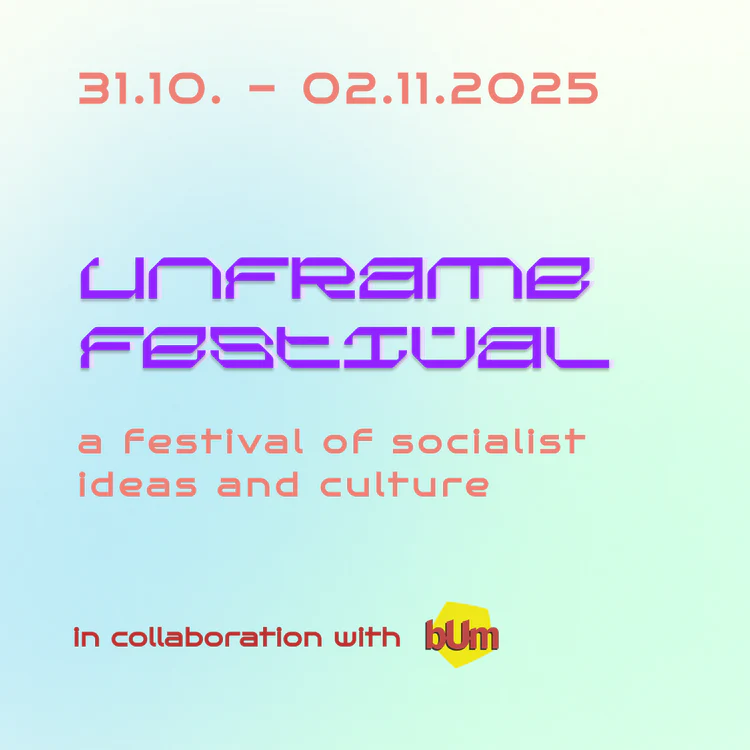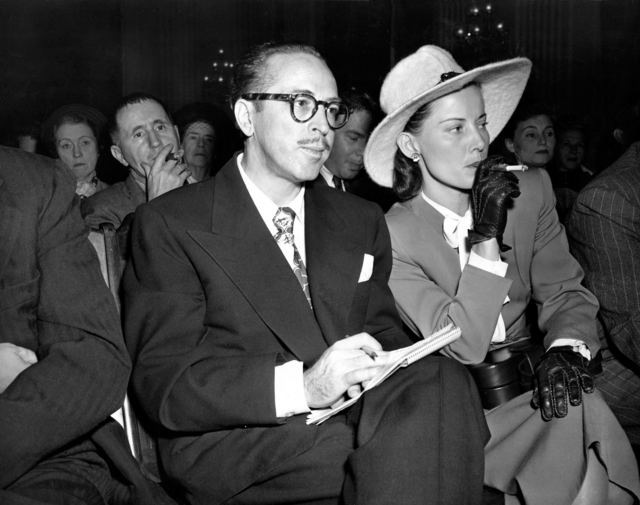Mohamed Al-Zaqzooq is writer in Gaza who, like everyone else in the strip, is being tormented by the ongoing genocide. This essay is a tribute to him. It is a meditation on the use of words—in literature alongside as other forms—in conditions as catastrophic as in Gaza. It is also an exercise of generating hope and reigning in the agony and the despair that the genocide creates.
I first encountered Mohamed Al-Zaqzooq, a 35-year-old writer from Khan-Younis, in October 2024 at the Palestinian liberatory bookfair in Frankfurt am Main on a screen in a pre-recorded interview. The interview was conducted in Arabic by a Palestinian diasporic activist named Batool. I followed it through the English subtitles.
The conversation starts with Batool expressing an insecurity: “I stayed up all night to figure out how to start the conversation. I thought I should ask, ‘How are you?’ But it is not even appropriate to ask someone in Gaza such a question.” Mohamed responds: “I totally understand this confusion. This confusion also exists among us, for the people experiencing the war here, inside Gaza. We don’t even know how to ask each other, ‘How are you doing?’” He then affirms that he is very glad about the ability to have a conversation.
The conversation that follows is indeed one of the most remarkable ones that I have witnessed. It moves swiftly between practical considerations of survival in the genocide and theoretical discussions of literature, consciousness and pain. Mohamed explains that his mission is to write stories of the everyday struggles of the people. His writing is “biased towards the people and their daily suffering, their relationships and the meanings they create…Their life, their concerns, their thoughts and fears”. He clarifies that this bias includes himself, as he is also part of the people, their suffering, their fear. The stories are full of important details that are important to the stories’ protagonists. He argues that such stories are no less significant in conveying the truth of what is happening than the aggregate summaries and news reports.
A great example of his literature is his short story Burning Books in Gaza, which was published in The Berlin Review in December 2024 in English and German. It is a bitter but sweet story about a father in hunger-ridden Gaza who, having managed to secure a bag of flour, contemplates burning a few of his treasured books to make fire in a clay oven to bake bread, because there are no other means by which to do so. He finally decides against it and, despite many odds, he finds some cardboard to make fire. The story has a happy ending, in the limited and grim scope that one day’s struggle to provide food for a family is successful.
The grimness of this story’s happy ending is haunted by later texts that Mohamed wrote when Israel’s starvation efforts had taken even fuller force. He published the following on July 24, 2025 as an update on his GoFundMe page:
Hunger is not simply the absence of food. It is a brutal sensation that gnaws at the body slowly, consuming the soul as it does the flesh. It begins as a small emptiness in the stomach—a fleeting cramp one can tolerate—but gradually, it transforms into an inner beast that growls in the chest and pounds mercilessly at the walls of the stomach. In the long hours of hunger, the stomach begins to contract, curling in on itself. A constant wave of nausea sets in, accompanied by a dull, heavy pain that pulls at you from the inside. Your head spins, your limbs tremble, and everything around you becomes dull, distant, and unimportant. Thoughts blur together. Concentration becomes a lost luxury. Hunger is not a single pain—it is a chain of suffering: headaches, dizziness, loss of speech, mood swings, and then emotional numbness. You feel your body betray you, abandoning you piece by piece, while your heart swings between fear for your loved ones and the helplessness of not being able to give them what they need. It is a slow death. There is no blood, no noise—but it is devastating. Heavy. It feels as though you are being erased from life in silence, left only to gaze into the faces of your hungry children, unable to break this deadly stillness. Hunger is not just deprivation—it is the stripping away of dignity, the unraveling of a person from within. Nothing lays you bare like hunger does.
What cruelty to inflict this to someone on purpose. What cruelty upon cruelty upon cruelty with yet no end in sight!
In his interview with Batool, Mohamed explains that writing the stories of the everyday struggles is important because it gives form to the loss, the emotions and the sufferings of the people.
Why is focusing on the numerical facts a bad thing? Because it can also be transmitted to the consciousness of the people of Gaza. And that’s what’s even more painful than the meaning of the numbers. My biggest concern is that the Gazans also listen to the news, just like you all. Imagine, when 30 people get murdered in a day, we say: “Thank God, today there are practically no martyrs, that’s nothing.” And that is disastrous and outrageous, and it creeps into people’s consciousness. That’s why it’s crucial that we keep trying to pay attention to these details. To take note of our narrative, to be careful in our dialogue, and how we hold on to our ability to feel the pain, how we process the pain and that the depth of the pain and the successive hits don’t weaken us and make us lose this feeling, because once we do, we lose a crucial feature of our relationship with life. And this loss affects how we express ourselves and intensifies the continuous agony that we experience.
These ideas influenced me in how I spoke and wrote about the genocide. They affirmed and developed my belief that writing stories, crafting speeches, and ordinary acts of speaking truthfully to one another are important forms of struggle against the numbness, the isolation and the disablement of agonizing despair.
It took me six months to have the good sense to let Mohamed know what his interview meant to me. Through his GoFundMe page, I found a way to contact him. Contrary to all the false whispers (“I cannot fathom what he is living through, so what could I have to say to him?” and “He is an accomplished writer, I am a Nobody from the audience, so what could I have to say to him?”), he responded with happiness, gratitude and a memory from Berlin. He had visited Berlin in September 2022, and getting mail from Berlin brought back the memory of this visit. An invitation and acceptance of a friendship ensued and materialized in an ongoing e-mail exchange.
Mohamed wrote to me in August 2025: “There is one thing I’m still holding on to: the ability to write. I believe it’s the only existential reason I have — to keep writing, and to give this hard, painful story to the world and to the generations yet to c ome.” I told him how generous I found his concerns for the world and for generations yet to come. I added that I understood that this generosity is bound up with this thing called hope. Mohamed replied: “Yes—writing is my lifeline. It gives me hope and turns the struggle into something with meaning. Writing explains the pain and helps me understand what I am living.”
At the end of August, I was slouching on the couch, phone in hand, and began to write an e-mail to Mohamed. But my mind was blank when I tried to think of something to write that would be even in the slightest bit comforting. So I read through Mohamed’s old messages and looked at his pictures from his visit to Berlin again. I noticed that in his picture in front of the Reichstag, he is standing just at the place where Palestine protest camps have set up tents. I shared this observation with him. The next day I read his reply:
Reading your message brought back my memories from about three years ago, in those places and in the moment when the photo was taken. It was a moment of wonder, and maybe also shock, for a young man leaving Gaza for the first time after thirty years of never going out, to see the big open world full of colors.
I remember I was amazed, happy, and afraid at the same time. Now, as I read your words, I don’t think it is just a coincidence that today there is solidarity and human action in the same place where I once stood.
Now I am in the peak of despair, searching again for a place, while options are disappearing and the geography becomes narrower day by day.
This essay is for you, dear Mohamed. May your imagination be nourished when you experience that there are more readers here in Berlin and elsewhere who engage with your stories. May this essay prepare a welcoming community for your next visit. May the truthfulness and the clarity of your words embolden and inspire those here who fight for Germany to finally quit arming and otherwise bolstering Israel. And if some of the readers of this article can support Mohamed and his family financially, this would be highly appreciated too.




